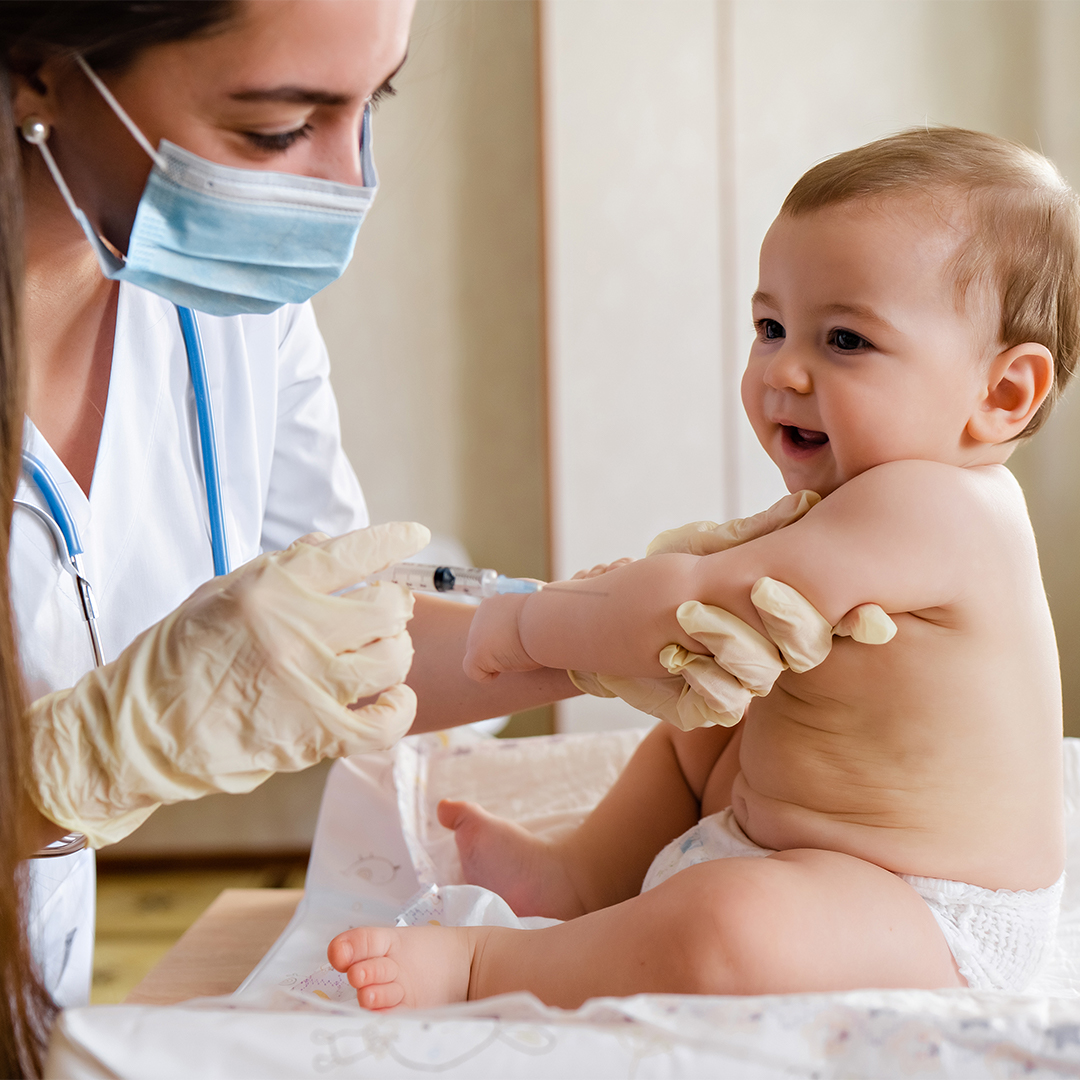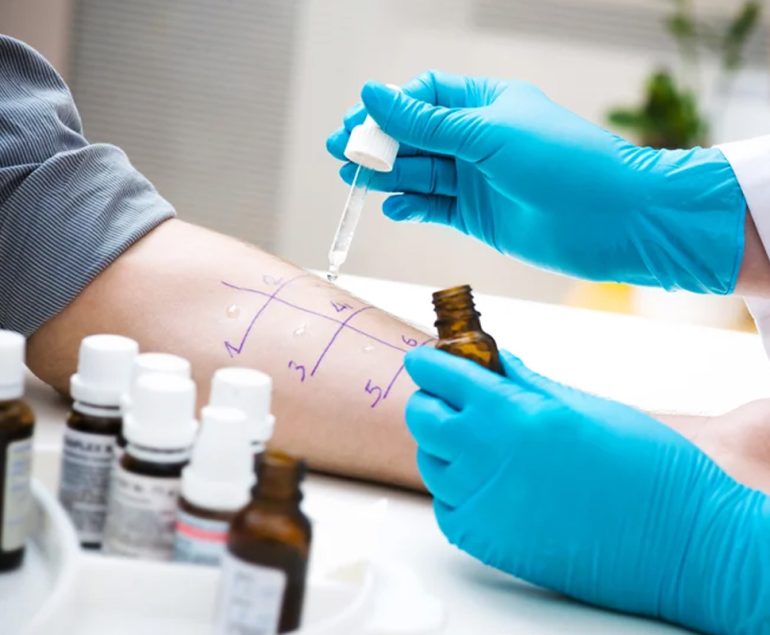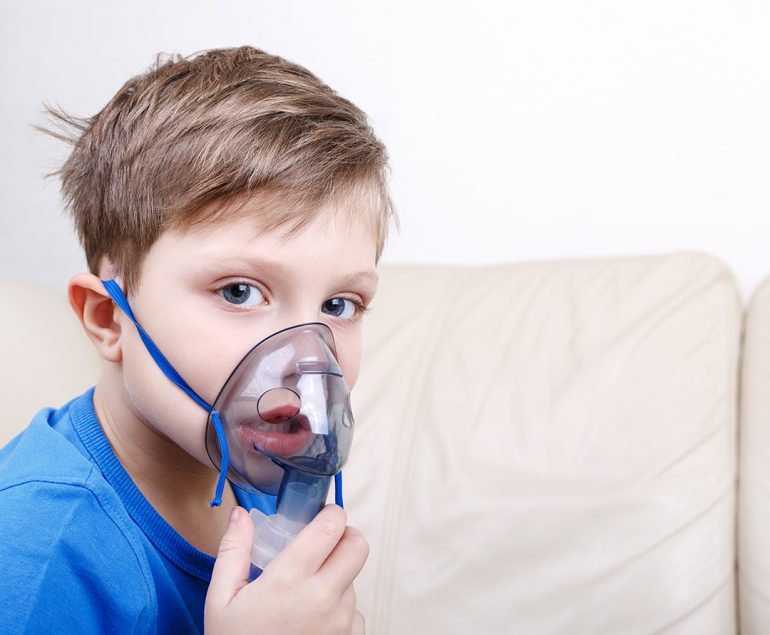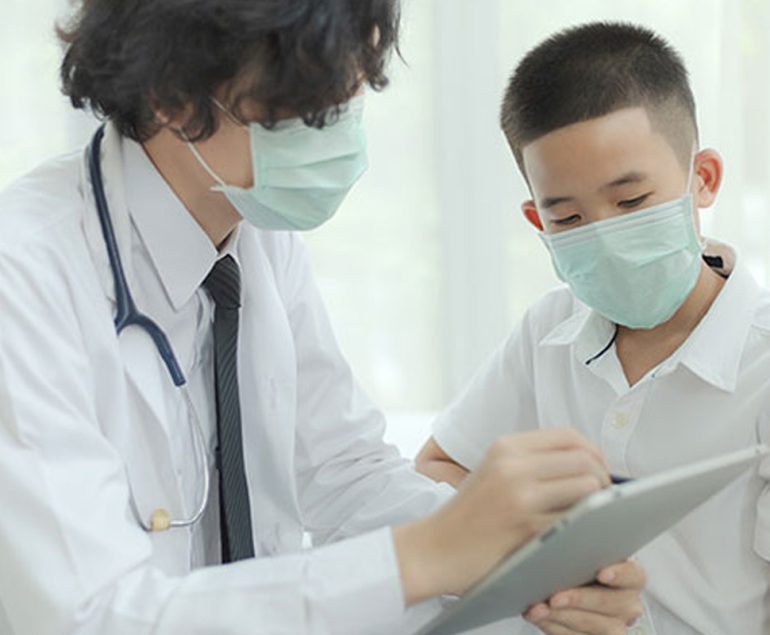Pediatric Vaccination
Why does my child need vaccines?
Vaccines are one of the most effective ways to prevent serious illness in children and adults. Vaccine programs in the United States have been quite successful in reducing the number of children affected by many highly contagious diseases, including measles, rubella, mumps, diphtheria, and polio.
How does vaccines work?
Infection and the immune system — A person’s immune system protects them against illness and infection. When a germ (such as a bacterium or virus) gets into the body, it multiplies and attacks the cells; this is what makes people sick. The immune system responds by creating proteins called antibodies to fight the infection and help the person recover.
Antibodies also work to prevent a person from becoming ill in the future. Once a person has antibodies, the next time they are exposed to the germ, their immune system recognizes it and rapidly produces the antibodies required to destroy the germ. This response protects the person from developing the disease. In some cases, this protection lasts for life; for example, a person who had measles as a child is unlikely to get it again, even if they are in close contact with a person who is infected. In other cases, people need to get regular “booster” vaccines to maintain immunity over time.
Vaccines work by stimulating the immune system to produce antibodies, like it would if a person had an infection. However, unlike bacteria and viruses, vaccines do not actually make people sick
In children, most vaccines are given in the form of a shot. Vaccines are also given in other ways, such as in a liquid taken by mouth (eg, rotavirus) or as a nasal spray (eg, one form of the influenza vaccine).
Many people are concerned about the risks of vaccines. However, vaccines have a long record of being a safe and effective way of preventing disease. Before a vaccine is approved for use, it has to go through a specific process to test it for safety. This involves running “clinical trials” with lots of people who volunteer to try the vaccine. During these trials, researchers study how well the vaccine works and
how many people had side effects. The results are reviewed by doctors and other experts who do not work for the drug companies that made the vaccine. These experts must agree that the vaccine is safe and effective enough to be given to the public.
In most cases, the benefits of vaccinating are much greater than the potential risks.
Vaccines can occasionally cause mild side effects, including a low-grade fever a red and tender area at the site of an injection. These side effects do not mean that your child is sick or that the vaccine has given them an infection; rather, they indicate that the immune system is responding to the vaccine. Depending on how old your child is, there are different things you can do to minimize pain related to vaccine injections.
Moderate side effects — Only occasionally do children develop a combination of fever, skin rash, swollen lymph nodes, and/or joint pain after vaccination. These reactions, called “serum sickness-like” reactions, may become uncomfortable, though they are rarely, if ever, dangerous, and resolve without treatment in days to weeks.
Severe side effects — Severe side effects of vaccines are rare but may include a severe neurologic reaction (eg, seizures) or severe allergic reactions (eg, anaphylaxis). Allergic reactions usually occur within minutes to hours of receiving the vaccine. If this occurs in the doctor’s or nurse’s office, emergency care can be given immediately.
There are some cases in which a child should not receive a specific vaccine or formulation of vaccine.
Allergies — In some cases, a particular vaccine may not be recommended for children with a serious allergy to the following: Eggs or egg protein (specifically, people with a known egg allergy should not get the yellow fever vaccine)
The antibiotic medications neomycin or streptomycin (some vaccines contain trace amounts of neomycin)
Gelatin
Other vaccine ingredients or components
In some cases, parents may not know their child is allergic to one of these components until the vaccine is given and the child develops a reaction.













